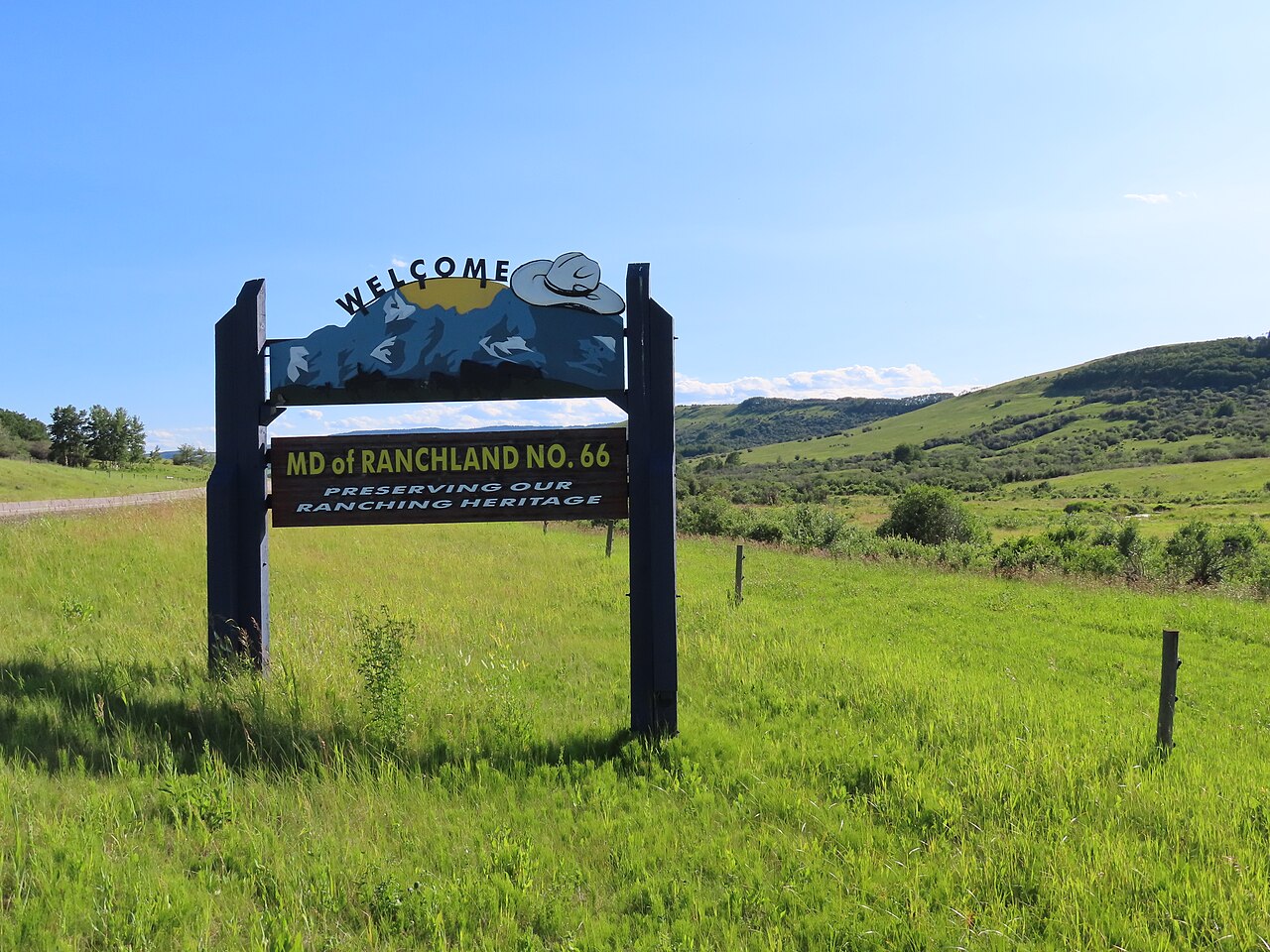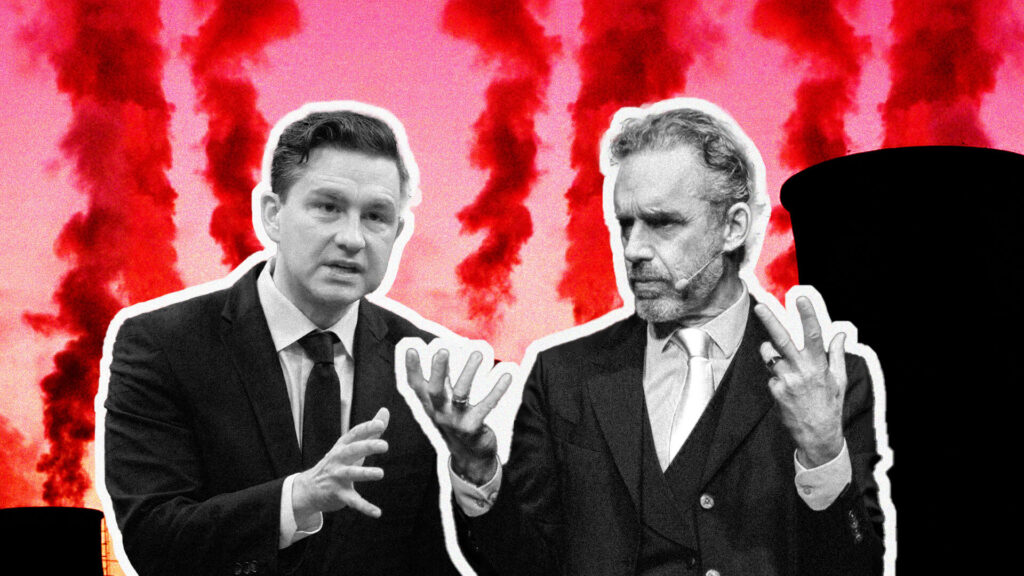Ranchers in southwest Alberta are contending with one of the worst droughts on record and a dwindling mountain snowpack. However, the latest threat to critical rivers near the Crowsnest Pass is being served up not by climate change but their own provincial government — in the form of a zombie coal mine proposal on the eastern slope of the Rocky Mountains that simply refuses to die.
The Grassy Mountain open pit mine proposal from Australian-based Northback Holdings, formerly known as Benga Resources, was rejected by both provincial and federal regulators in 2021 because the impacts from water contamination were judged to outweigh the limited benefits. Northback filed a legal challenge in the Alberta Court of Appeal, and lost. Then the company sought leave to appeal at the Supreme Court of Canada and were denied. It also tried to overturn the environmental assessment in federal court and failed.
And while the courts and regulators have repeatedly rejected Grassy Mountain, provincial politicians keep moving the goalposts to keep Northback’s project alive. Their initial intervention in 2020 was the surprise cancelling of a longstanding provincial policy that prohibited any coal development on the eastern slopes of the Rockies, which provides water to much of southern Alberta. Public outrage caused the government of Alberta to announce a reversal less than two years later. Problem solved? Not quite.
Subscribe to our newsletter
Stay up to date with DeSmog news and alerts
Under the revised policy, no new coal projects on the eastern slopes would be considered, but “advanced” projects could be allowed to proceed. Northback’s proposal had already been rejected by both provincial and federal regulators, so how could it be considered “advanced” rather than dead?
The rather bizarre answer came in a letter from Energy and Minerals Minister Brian Jean, instructing the Alberta Energy Regulator that “once a project is considered an advanced project it remains as one regardless of the outcome of regulatory applications submitted before it was declared an advanced project.” Jean added that “it is my expectation that the AER will review any applications related to these advanced coal projects.”
The AER dutifully accepted this political direction and is now reconsidering Northback’s repackaged coal proposal as an exploration project that would allow the company to drill 46 boreholes and use 1.5 million litres of water per year during one of the worst droughts on record. The Municipal District of Ranchland just filed an appeal, contending that the AER was wrong to resurrect Northback’s project from the regulatory grave at the request of a minister.
Local landowners are concerned not only about the already dwindling water levels in local rivers but also the threat of additional selenium contamination from previous coal mining in the area. Northback responded to these serious concerns with a series of giant cheque photo ops promoting recent donations to the local school food program, skate park and ATV trail building.
Another coal mining company operating in northwest British Columbia was just fined $45,000 by provincial regulators for repeated environmental violations that threatened local water quality.
Alberta country music star Corb Lund, who has been an outspoken critic of Northback’s proposal, tweeted in response, “Here’s your future, Alberta. Happens over and over. Foreign coal companies don’t give a flying f*** about our water or our mountains no matter how many park benches they paint. They’ll take all the money and leave the mess with the taxpayer, 1000%.”
Interestingly, the government of Danielle Smith just appointed her special advisor on energy, David Yager, to the board of AER, raising further concerns about the regulator’s political independence. Yager is a longtime activist within the United Conservative Party and was awarded a sole source contract of $70,000 last fall to review the AER.
Ranchers have been battling to unearth documents on what their government has been doing behind the scenes to assist Northback. In 2020, they filed a freedom of information request for internal documents on how the Alberta government decided to rescind longstanding restrictions on coal mining on the eastern slope.
Four years and numerous court dates later, they have only received 605 heavily redacted documents out of an estimated 6,500 records. In April, a provincial judge refused government efforts to block the release of additional documents, stating bluntly that “the requesting parties have been practically denied access to the information they are entitled to at law and this court will not abet this conduct.”
Rather than complying with this terse decision, the energy minister instead said the government will spend additional tax dollars filing an appeal.
What is the Alberta government fighting so hard to conceal regarding its relationship with an Australian coal mining giant? What little information that has trickled out proves that the government was in dialogue with industry lobbyists long before the surprise announcement to rescind mining restrictions on the eastern slope. It seems odd that the government would choose to spend this much political capital on behalf of an industry that provided only 0.6% of non-renewable resource revenue in the 2022-2023 fiscal year.
Whatever their reasons, the government is now in a damaging donnybrook with Alberta’s ranchers. And while politicians of all stripes enjoy getting their picture taken wearing cowboy duds at the Stampede, the real cowboys of Alberta are well versed in overcoming adversity and rarely back down from a fight. Stay tuned as this intriguing mystery is unraveled.
Subscribe to our newsletter
Stay up to date with DeSmog news and alerts







